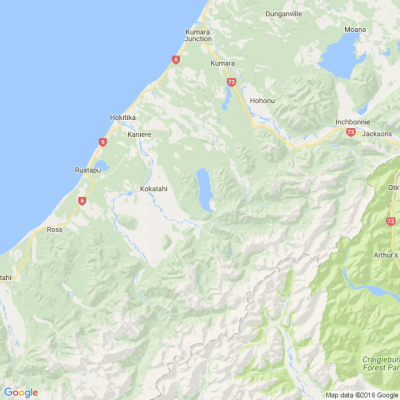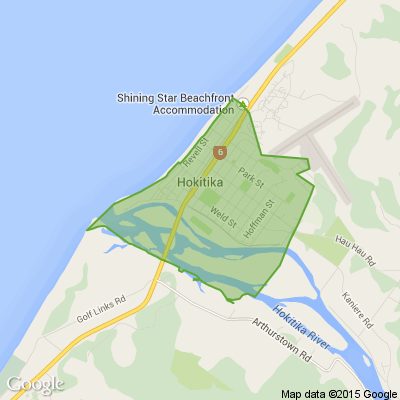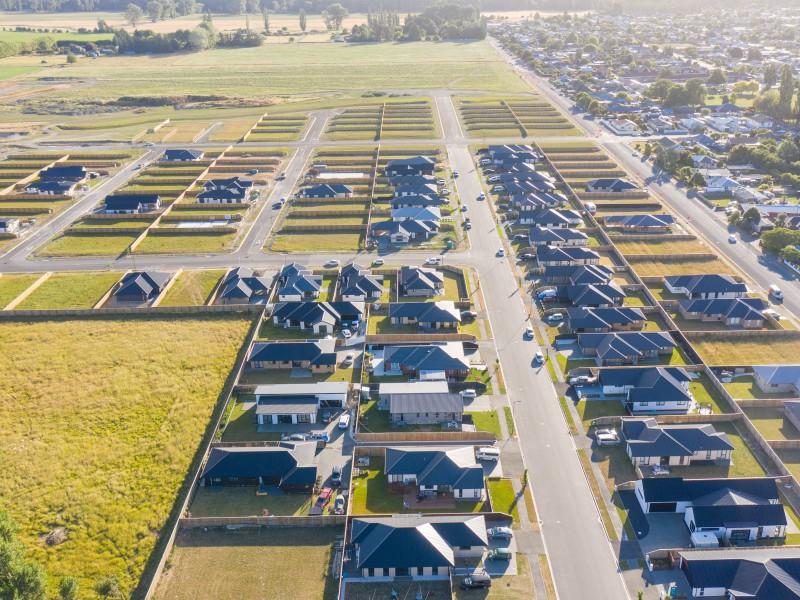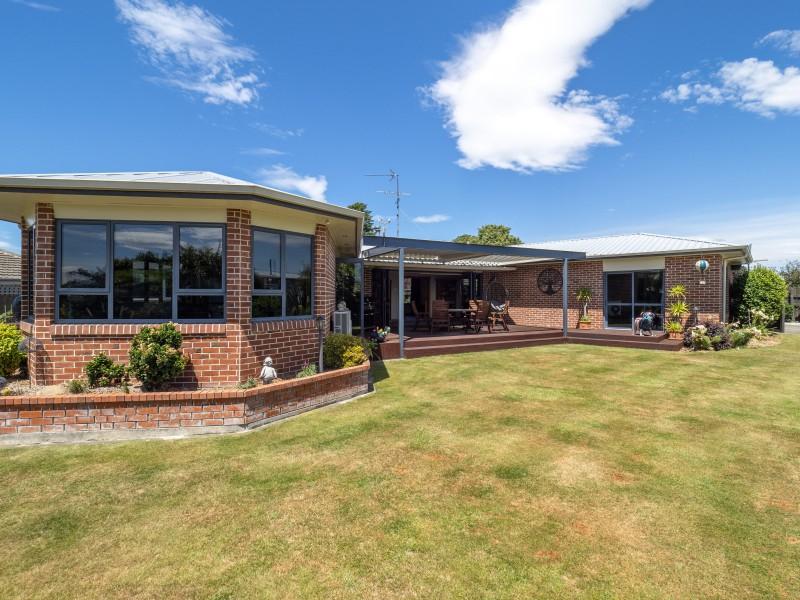West Coast council considers rejoining LGNZ
By local democracy reporter Brendon McMahon:
The West Coast Regional Council has agreed to consider rejoining Local Government New Zealand (LGNZ), but only to represent the entire local government sector in the region.
In mid-2023, the council kicked to touch its membership to the body which represents New Zealand councils.
The year before, in 2022, it put LGNZ on notice after querying the collective cost and benefit to West Coast ratepayers.
LGNZ charged fees for each of the region's three district councils and its regional council.
LGNZ president and Selwyn mayor Sam Broughton fronted council in April, talking up the benefits of membership, while noting membership was based on an individual council, not the number of ratepayers.
He received a cool reception but a staff report back to council this week suggested council should reconsider now, or defer it again until 2025.
In recent months the Westland and Grey district councils have decided not to renew their LGNZ membership, although Buller last month confirmed it will remain a member.
Regional council acting chairman Brett Cummings said it would make sense to have at least one council in the region as an LGNZ member.
Councillor Frank Dooley, the sole voice in 2023 to keep LGNZ membership, said he wanted clarity about the council's benefit in the past year of being part of the alternative regional councils' sector group Te Uru Kahika.
Council chief executive Darryl Lew said the question of LGNZ membership was for council, not management. However, the council would "not survive" without the input of Te Uru Kahika.
It provided crucial tools such as a shared compliance framework template for example which were invaluable for the regional sector, Lew said.
The main benefit for the council from Te Uru Kahika was at an operational level and "to a degree, politically, so we don't have to reinvent the wheel".
Lew said LGNZ membership could be "a political vehicle" for councillors.
At the same time, there was "very little operational benefit" by returning to LGNZ whereas Te Uru Kahika had successfully elevated to a national level in recent years a collective approach to the likes of flood infrastructure, he said.
Councillor Mark McIntyre asked if the council would get $41,000 of value by re-joining LGNZ.
Lew replied "that's up to you", but Westland and Grey councils deemed their membership was not good value.
Te Runanga o Ngāti Waewae representative Francois Tumahai said he saw some value in the region being collectively represented by LGNZ.
That could be via one council and he suggested this be canvassed at an upcoming mayors, chairs, and iwi leaders' forum.
"It's definitely useful to be in there, but not at an astronomical sum," Tumahai said.
Dooley agreed, saying representation for one council was important at a national level.
He called on council to give its chair and the chief executive discretion to confirm membership.
However, councillor Peter Ewen said he was still opposed to LGNZ but would go with one voice for the four councils.
Ewen said "giving away $41,000" to LGNZ was still questionable in his mind.
He would be happy for the LGNZ matter to be an "action point" rather than a recommendation, he said.
This was supported five votes to one.

Best way to use leftovers?
I'm sure you've got some excess ham at home or cold roast potatoes.
What are some of your favourite ways to use leftover food from Christmas day? Share below.

⚠️ DOGS DIE IN HOT CARS. If you love them, don't leave them. ⚠️
It's a message we share time and time again, and this year, we're calling on you to help us spread that message further.
Did you know that calls to SPCA about dogs left inside hot cars made up a whopping 11% of all welfare calls last summer? This is a completely preventable issue, and one which is causing hundreds of dogs (often loved pets) to suffer.
Here are some quick facts to share with the dog owners in your life:
👉 The temperature inside a car can heat to over 50°C in less than 15 minutes.
👉 Parking in the shade and cracking windows does little to help on a warm day. Dogs rely on panting to keep cool, which they can't do in a hot car.
👉 This puts dogs at a high risk of heatstroke - a serious condition for dogs, with a mortality rate between 39%-50%.
👉 It is an offence under the Animal Welfare Act to leave a dog in a hot vehicle if they are showing signs of heat stress. You can be fined, and prosecuted.
SPCA has created downloadable resources to help you spread the message even further. Posters, a flyer, and a social media tile can be downloaded from our website here: www.spca.nz...
We encourage you to use these - and ask your local businesses to display the posters if they can. Flyers can be kept in your car and handed out as needed.
This is a community problem, and one we cannot solve alone. Help us to prevent more tragedies this summer by sharing this post.
On behalf of the animals - thank you ❤️








 Loading…
Loading…


















